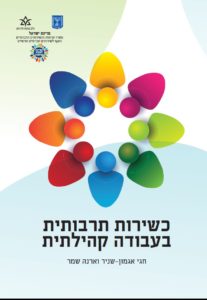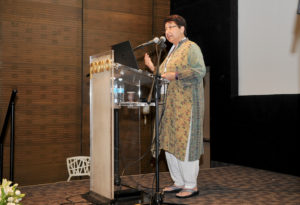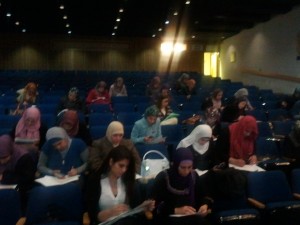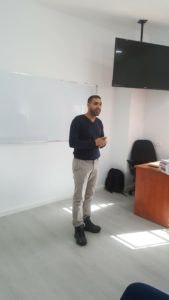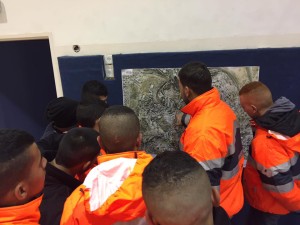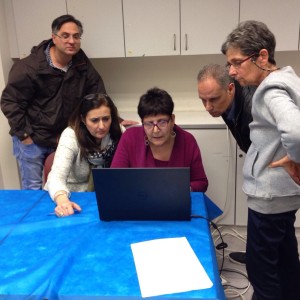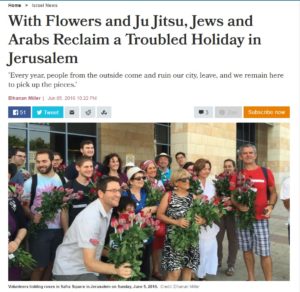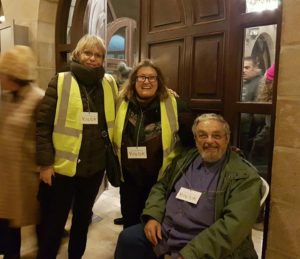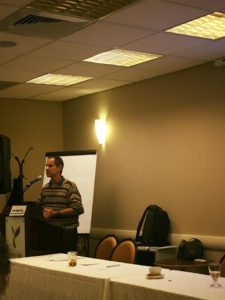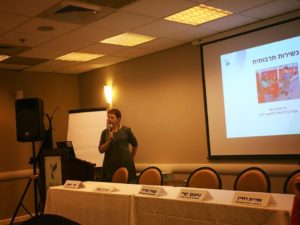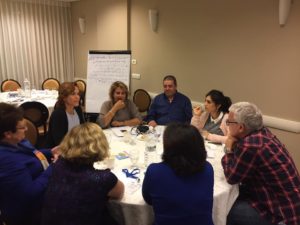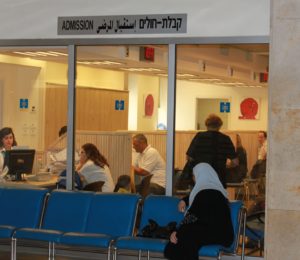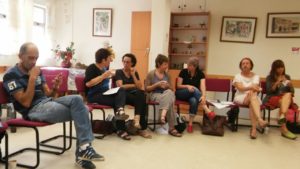Experts in the Field, Writing the Manual – Cultural Competence in Community Work
We’re proud to announce the publication of a new manual, Cultural Competence in Community Work, that was recently published under the auspices of the Israel Ministry of Welfare. Our director, Dr. Hagai Agmon-Snir and Dr. Orna Shemer co-authored the manual, which is available in Hebrew. You can download a copy here.
It seems to be the first extensive manual of cultural competence in community organizing / building / development, including some novel community approaches that are specifically useful for diverse communities. The 150-page manual covers a wide range of the many aspects associated with cultural competency and community work. It discusses the principles from 5 different angles – focusing on the personal – individual worker, on the professional, on the organization, on the community, on the public sphere. And it offers suggested methods in how to work with people from different cultures. Just like the Manual for Integrating Cultural Competency in Health Care Organizations that was published in 2015 (the Hebrew version is here), and the video units, we expect this to be the source of information for cultural competency in community work.
We would like to thank the Israel Ministry of Welfare and Bruce (Baruch) Sugarman, the Director of the Community Work Service at the Ministry, for publishing this manual and hope that it will be helpful to workers and activists in many communities.

